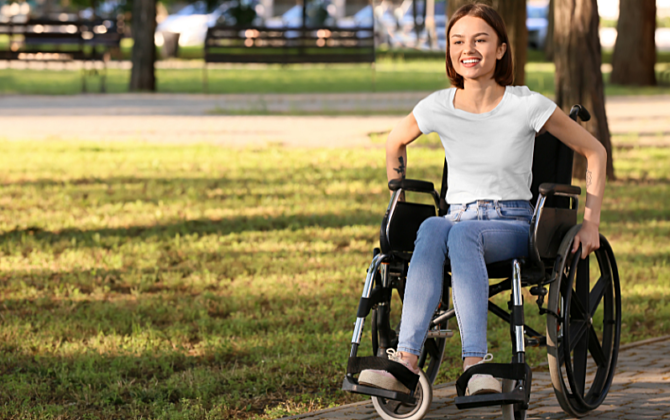Jump to
Bowel complications, resulting from impaired bowel function, are common for people living with a spinal cord injury (SCI). As a result, people with a SCI have high rates of bowel related illness, even compared with those with other neurological disorders. This includes high rates of abdominal pain, constipation, faecal incontinence and bloating. These problems lower the quality of life of people with a SCI and place a financial burden on the health system. A treatment that improves bowel function for people with a SCI should reduce illness, improve quality of life and lead to a large cost saving for health care providers.
Bowel problems have traditionally been managed with manual and pharmacological interventions, such as digital rectal stimulation, enemas, and suppositories. These solutions are usually only partially effective, highlighting the need for improved interventions. The abdominal muscles are one of the major muscle groups used during defecation. Enabling activation of the abdominal muscles during a bowel routine should improve bowel function by increasing abdominal pressure. During our previous Abdominal FES research with people with a SCI, we observed that Abdominal FES appeared to lead to more consistent and effective bowel motion. However, this evidence remains anecdotal.
We are currently undertaking a prospective cohort study to investigate the effectiveness of using Abdominal FES during a bowel routine to improve the bowel function of people with a SCI. We will also assess whether Abdominal FES can change bowel-related quality of life and the use of laxatives and manual procedures, as well as the frequency of defecation and the time taken. A positive outcome from this study is likely to lead to the rapid clinical translation of this technology for people living with a SCI.
Volunteers are needed for this study!
Researchers at NeuRA are seeking volunteer research participants to learn more about how electrical stimulation of the abdominal muscles improves the bowel function of people with Spinal Cord Injury.
The study might be a good fit for you if:
- You are an adult with spinal cord injury above spinal level T11
- It has been at least 12 months since injury
- You have no current bowel conditions such as, gastro-oesophageal reflux, organic bowel obstruction, Crohn’s disease, or diverticulitis
- You have a bowel routine that takes ≥ 30 minutes
If you decide to take part, we will:
- Monitor 8 Bowel Management sessions either in person or remotely where electrical pulses are applied to your abdominal muscles during your bowel routine. This will cause your abdominal muscles to contract, but will not cause discomfort.
- Ask you a number of questions relating to your bowel and bladder function, and ask you to keep a daily diary of bowel related events over a period of 4 – 6 weeks.
Will I have to pay, or be paid, to take part in the research study?
Participation in this study will not cost you anything. You will be reimbursed $20 for your time, for each active intervention session, to a maximum of $160 (8 sessions). If you travel to NeuRA, we will reimburse your travel costs.
If you would like more information or are interested in taking part, please contact either of the following researchers:
- Mr Keith McNaughton, Research Assistant, NeuRAEmail: email hidden; JavaScript is requiredPhone: 0416598885
- Dr Annie Palermo, Postdoctoral Research Fellow, NeuRAEmail: email hidden; JavaScript is requiredPhone: 0416839631
- Mr Riley Nicholson, Research Assistant, NeuRAEmail: email hidden; JavaScript is requiredPhone: 0490317702




